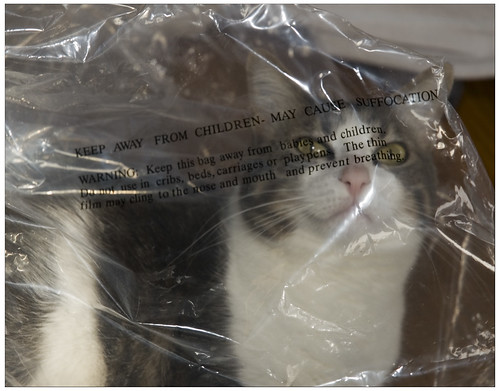
Scientists corrupted by the influence of money? Say it isn't so! But of course, even research scientists are human, and a percentage are willing to sacrifice integrity for that second home in Aspen, Colorado.
Rep. John Dingell of Michigan is threatening to embarrass some of the corrupted research scientists, and the companies that employ them, and their enablers in the FDA and EPA.Despite more than 100 published studies by government scientists and university laboratories that have raised health concerns about a chemical compound that is central to the multibillion-dollar plastics industry, the Food and Drug Administration has deemed it safe largely because of two studies, both funded by an industry trade group.
The agency says it has relied on research backed by the American Plastics Council because it had input on its design, monitored its progress and reviewed the raw data.
The compound, bisphenol A (BPA), has been linked to breast and prostate cancer, behavioral disorders and reproductive health problems in laboratory animals.
As evidence mounts about the risks of using BPA in baby bottles and other products, some experts and industry critics contend that chemical manufacturers have exerted influence over federal regulators to keep a possibly unsafe product on the market.
Congressional Democrats have begun investigating any industry influence in regulating BPA.
"Tobacco figured this out, and essentially it's the same model," said David Michaels, who was a federal regulator in the Clinton administration. "If you fight the science, you're able to postpone regulation and victim compensation, as well. As in this case, eventually the science becomes overwhelming. But if you can get five or 10 years of avoiding pollution control or production of chemicals, you've greatly increased your product."
[Click to read more of Studies on Chemical In Plastics Questioned - washingtonpost.com]
As part of his investigation, Rep. John D. Dingell (D-Mich.), chairman of the House Energy and Commerce Committee, wants to examine the role played by the Weinberg Group, a Washington firm that employs scientists, lawyers and public relations specialists to defend products from legal and regulatory action. The firm has worked on Agent Orange, tobacco and Teflon, among other products linked to health hazards, and congressional investigators say it was hired by Sunoco, a BPA manufacturer.
